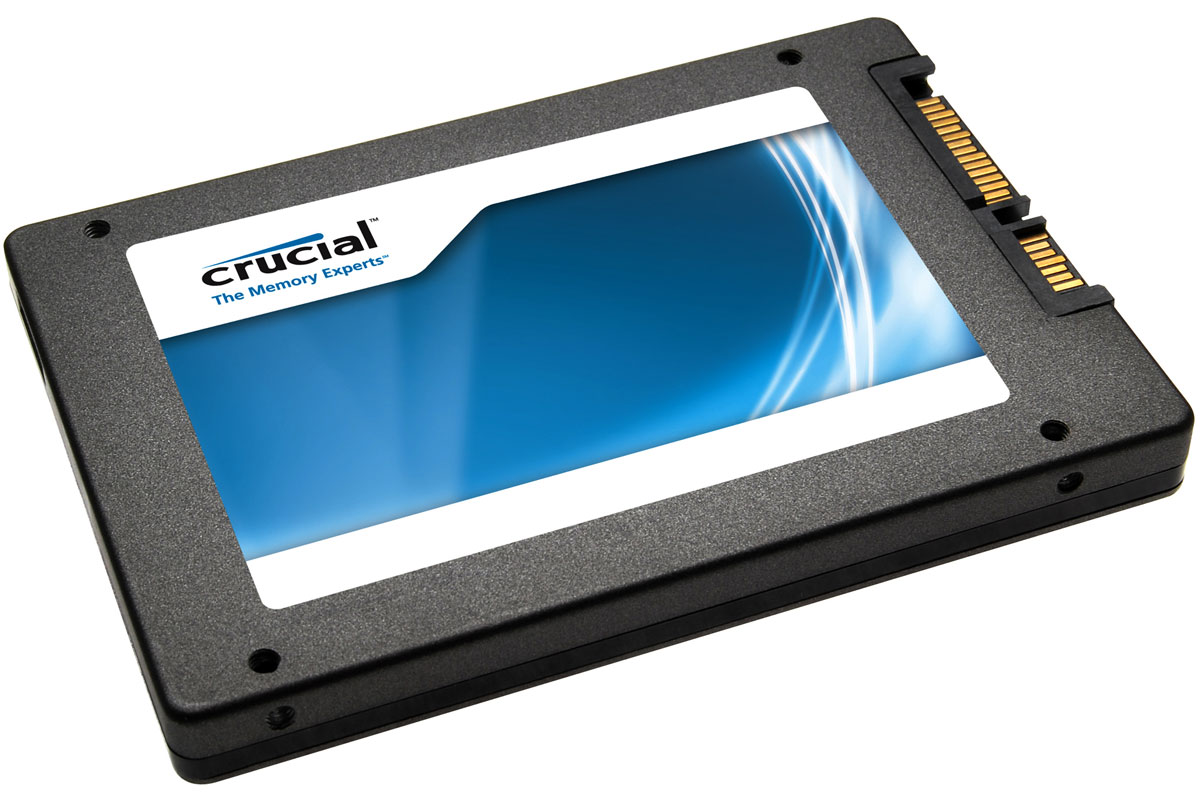Crucial M4 SSD 256GB review
With an updated Marvell memory controller on-board, Crucial’s M4 looks to be the fastest SSD the company has ever produced. Tom Morgan takes a look to see how it compares to the competition.

Although it's not radically different from last year’s model, the M4 is significantly faster than the disk it replaces. Intel’s 510 Series SSDs are still dominant in our performance benchmarks, but both have the potential to be blown away by SandForce. Stick with Intel if you need the best performance now, or wait to see what other manufacturers can squeeze from their memory controllers in the next month or two.
If you were in the market for an SSD last year, there's a good chance you would have considered a Crucial RealSSD C300; it produced incredibly fast transfer rates thanks to a competent Marvell memory controller and thrashed most of the competition with its fast SATA III connection. The company lost ground to other manufacturers that used the impressively fast SandForce controller, but is hoping to reverse this trend with the M4.
Our file transfer tests proved that the updated memory controller has made a big difference.
The M4 includes some much-needed optimisations that should help boost performance. The all-important memory controller might be the same one that Intel uses in its 510-series SSDs, but a newer revision and custom firmware should set the two disks apart. The real change has been the shift to 25nm NAND flash memory. This should not only bring a slight performance boost, but lower manufacturing costs too which will helpfully lead to lower prices.
We weren't expecting a huge performance gap between the older C300 and newer M4, but our file transfer tests proved that the updated memory controller has made a big difference. In our SATA III-equipped test system, the M4 managed an impressive 252.8MB/s write and huge 319MB/s read when handling large files, which is significantly faster than its predecessor. Small file writes were equally fast at 171.9MB/s, but as we've come to expect from SSDs the small file read test was a struggle. A low 48.3MB/s score dragged down the overall result, but performance was still significantly better than the equivalent C300. In everyday use, we could load Windows in 13 seconds, a whole 43 seconds faster than we could using a mechanical hard disk.
Sign up today and you will receive a free copy of our Future Focus 2025 report - the leading guidance on AI, cybersecurity and other IT challenges as per 700+ senior executives
-
 CISA’s interim chief uploaded sensitive documents to a public version of ChatGPT – security experts explain why you should never do that
CISA’s interim chief uploaded sensitive documents to a public version of ChatGPT – security experts explain why you should never do thatNews The incident at CISA raises yet more concerns about the rise of ‘shadow AI’ and data protection risks
By Ross Kelly Published
-
 Former Google engineer convicted of economic espionage after stealing thousands of secret AI, supercomputing documents
Former Google engineer convicted of economic espionage after stealing thousands of secret AI, supercomputing documentsNews Linwei Ding told Chinese investors he could build a world-class supercomputer
By Emma Woollacott Published
-
 OpenAI admits 'losing access to GPT‑4o will feel frustrating' for users – the company is pushing ahead with retirement plans anway
OpenAI admits 'losing access to GPT‑4o will feel frustrating' for users – the company is pushing ahead with retirement plans anwayNews OpenAI has confirmed plans to retire its popular GPT-4o model in February, citing increased uptake of its newer GPT-5 model range.
By Ross Kelly Published